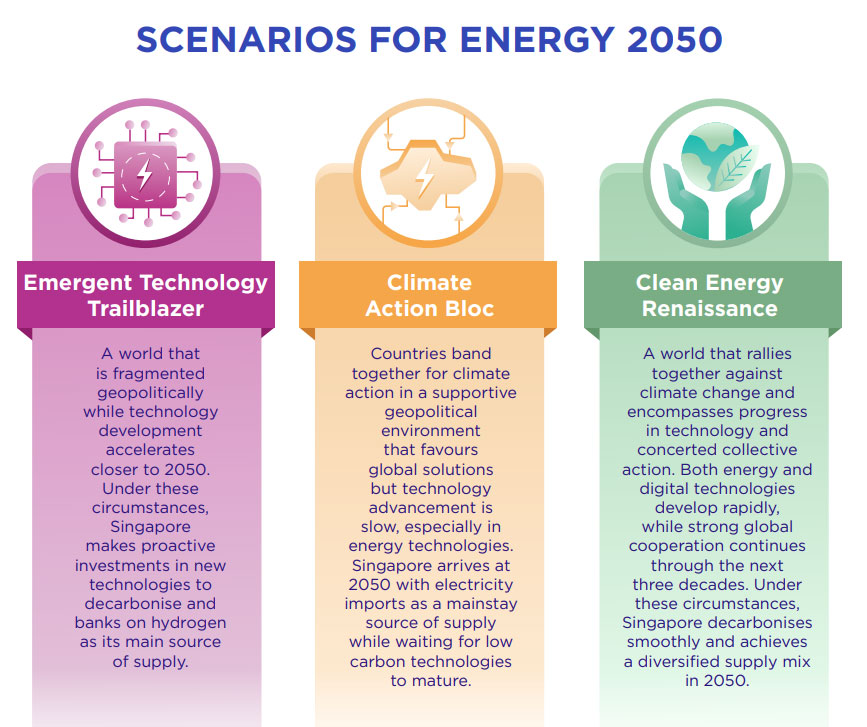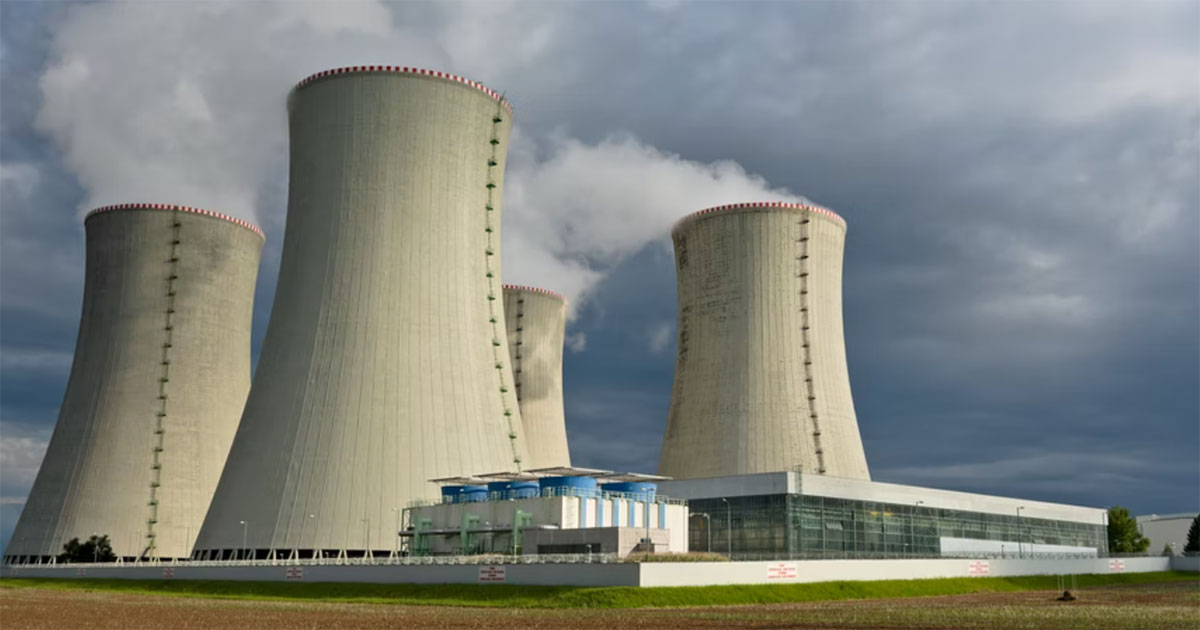Follow us on Telegram for the latest updates: https://t.me/mothershipsg
Singapore is mulling harnessing nuclear energy by 2050.
This was revealed in a new 56-page report [PDF] by the Energy 2050 Committee, commissioned by the Energy Market Authority (EMA).
Advancements in tech
Nuclear energy was once deemed unsuitable for Singapore, as recently as 2012, given its land scarcity.
However, the new report on March 22 was of the view that nuclear energy could supply about 10 per cent of the country's needs by 2050.
This could be possible with advancements in nuclear technology that make it safer and more reliable progressively.
Net-zero emissions goal
The report also said it is “technically viable” for Singapore’s power sector to achieve net-zero emissions in 28 years' time.
However, “transformational changes” will need to take place, starting from the supply and demand to the development of the country’s power grid that incorporates the entire energy value chain.
3 scenarios
The potential use of nuclear energy in Singapore's power mix was identified in one of three imagined scenarios that could eventually pan out.
The one scenario where nuclear power comes to pass here will be when technological advancements accelerate in subsequent decades but the world has fragmented geopolitically.

Scenario 1: Singapore is emergent technology leader
In this first scenario, recovery from Covid-19 is protracted and takes decades.
Singapore cannot rely on cooperative mechanisms in a geopolitically fragmented world.
It cannot import clean energy to meet its 2050 target.
Singapore has to invest in new decarbonisation technology to achieve its energy goals.
In this scenario, electricity imports are not key contributors to Singapore's energy mix.
In the other two scenarios, electricity imports make up a larger proportion of Singapore's energy mix.
Scenario 2: Singapore part of bloc taking climate action
In this second scenario, which is also considered pessimistic, the world takes a longer time to recover from the pandemic fallout.
Technology advancement stagnates and investments into clean energy are delayed, so countries form a climate action bloc.
Climate targets in such a future world will not be met.
Scenario 3: World sees rapid clean energy development
This third view, an optimistic one, posits that Covid-19 pandemic recovery starts immediately, with energy and digital technologies developing rapidly in a world with strong global cooperation.
Nuclear tech development
The report noted that newer nuclear power plant designs have the potential to be much safer than many of the existing plants still in operation in China, France, the United States and Russia.
Decarbonise Singapore power sector
The report also noted that Singapore does not have too many ways to decarbonise its power sector.
EMA, the report said, has to actively monitor developments in nuclear fission small modular reactors and nuclear fusion technology.
These technologies are deemed safer than traditional nuclear fission technology, when viable.
Types of nuclear energy feasible for Singapore
Small modular reactors can be built quickly and placed in locations not possible for larger nuclear plants.
Other plus sides of nuclear fusion technology is that it cannot be weaponised and its waste remains radioactive for a shorter period of time.
Nuclear fusion also does not cause accidents like nuclear fission technology because it is not based on a chain reaction.
The report projected that several commercial small modular reactor designs and units will be developed abroad and available worldwide from the late 2030s.
By the 2040s, the developments will likely enable Singapore to determine that nuclear energy is viable and to start developing domestic generation capacity in this global landscape.
However, work on nuclear fusion energy production is still in its nascent stages, with the unlocking of low-carbon, low-radiation energy still some distance away.
The Energy 2050 committee consists of nine experts from the private and public sectors.
Top photo via Unsplash
Follow and listen to our podcast here
If you like what you read, follow us on Facebook, Instagram, Twitter and Telegram to get the latest updates.
